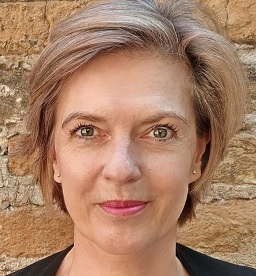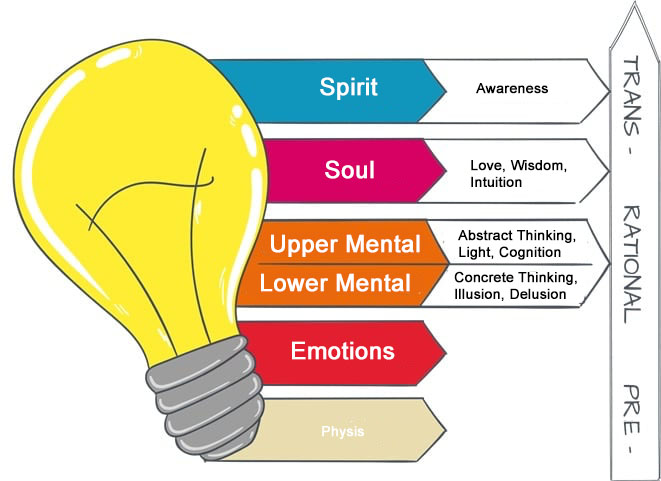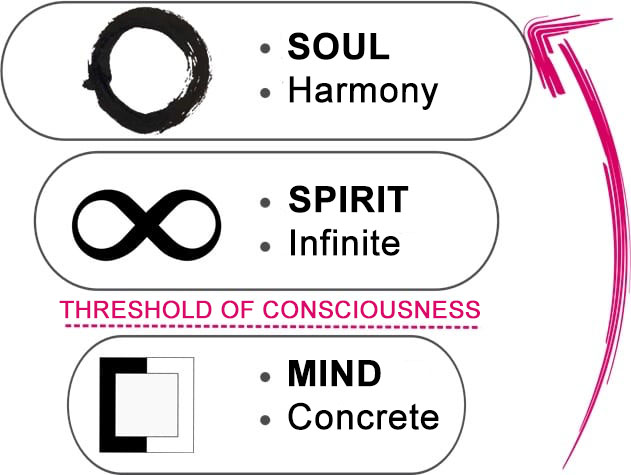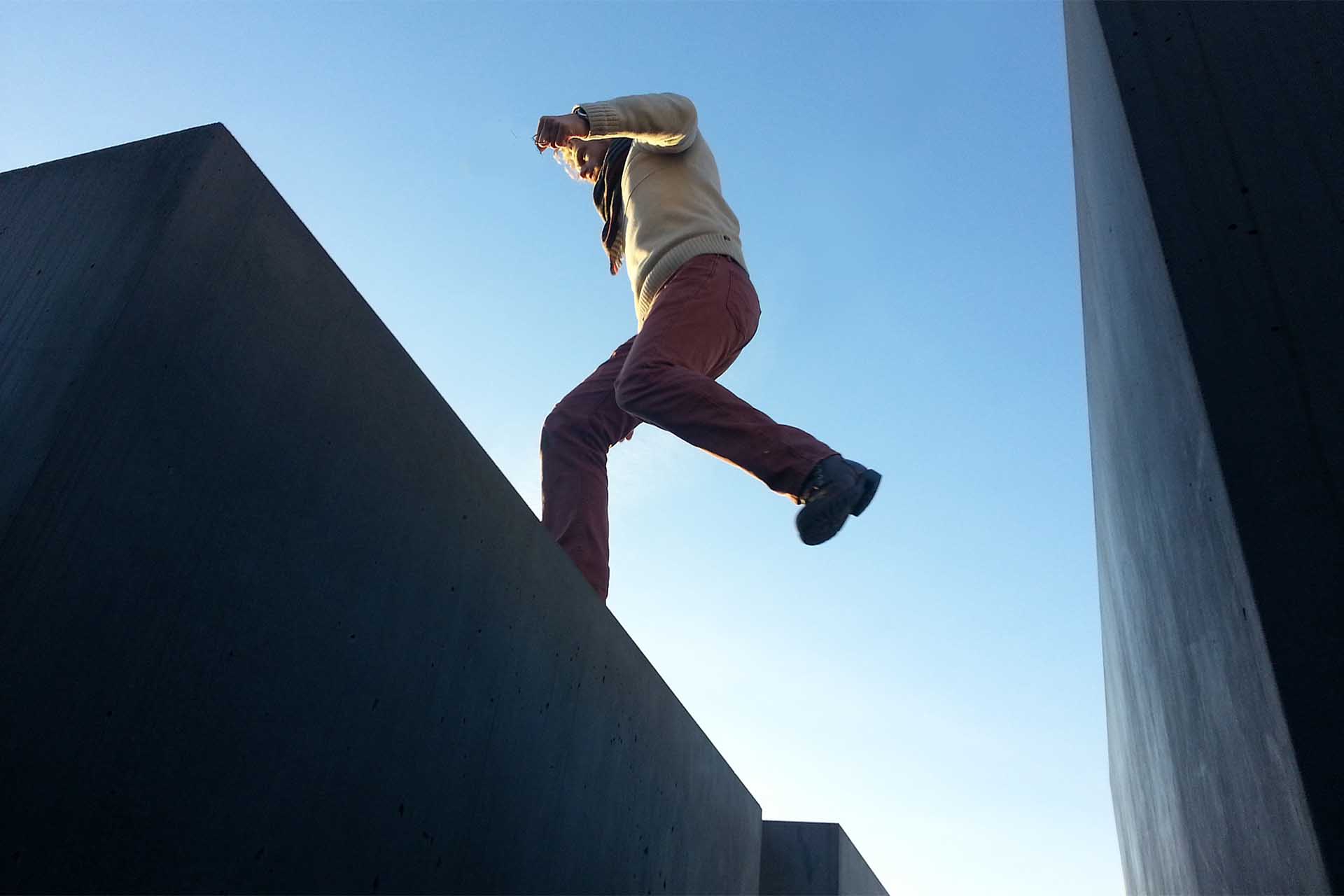Your company should become faster, more agile, more innovative?
If your company needs to become faster, more agile or more innovative, I have good news and bad news for you!
The good news:
Transforming companies is far less difficult than the statistics of failing change processes express. It is not a matter of costly restructuring; still less does it mean destabilisation phases. It is possible to realise change without struggling.
The bad news:
It works completely differently than people think.
The future viability of companies depends on how well they can deal with complexity. The core competence in dealing with the VUCA world is changeability – not digitalisation, which can be bought. The cost-intensive change processes of the past decade that directly addressed agility and innovation had little success.
Nor could they, because they were designed and implemented with rational strategies. Everyday life already proves that the world cannot be steered by our ideas and desires; intentions for change even less so. Psychologists agree that less than 10% of behaviour is controlled by the mind. To bring about change, we need an approach that goes deep and corresponds to the way nature works. There is more to being than the mind can comprehend; all problems result from this discrepancy.
“As long as thought makes the split between subject and object, reality cannot be understood as a universal flow of events and processes.” – David Bohm
The crux of thinking
Thought is (a) limited, (b) conditioned, (c) fragmenting and (d) antibiotic.
(a) Thoughts are products of consciousness. Consequently, the mind has no access to the intelligence behind them. Just as software has no insight into the operating system on which it runs, the mind cannot grasp what (consciousness) is.
(b) The rational access to the world, is a view through perspectives, which shows sections of the whole, partial truths. Perspectives, however, do not grasp an objective (partial) reality, but are a subjective modification. The mind selects and processes what is happening based on its expectations, beliefs and unconscious patterns. Arguing about perspectives is completely pointless. Everyone is right – in their reality construction.
(c) As long as there is a separation between subject and object, observer and observed, thinker and thought, conflicts exist between what is and what should be. The separation is purely mental and is created by the mind. Read in this German article why the mind should never be left unattended.
(d) The outer and inner worlds are inseparable. Behind every thing of the outer world, is an Absolute of spiritual reality. Their interactions generate aliveness. Because the spiritual reality is not thought of, liveliness is destroyed. The problems of our time prove this emphatically.
How it also does not work
So thinking alone is not the solution. Since maps of consciousness have been in vogue in organisational development, a lot of money has been made with utopias of awakened, integral, agile people. People want to “operationalise purpose”, “become teal” and “transform values”. The catch is that these models are also only rational first-tier constructs. They do not include the spiritual dimensions and are subject to the control illusion. They are extensions of perspective, sometimes called second-tier thinking, but this is a brilliant misnomer.
Awareness of spiritual reality, presupposes freedom from perspectives. This means self-transcendence, the metamorphosis into a spiritual being. Already in ancient China, this awareness was called second-tier thinking. Change that works must start in being. I will tell you how this is possible without transcendence.
“The soul is not a thing, but a being in the world. The soul is not a final state, but a becoming, an unfolding, a development.” – Karl Jaspers
The meaning of life
Being is the movement between the conscious and the unconscious. In the middle, man finds his true self – the soul, and thus his meaning of life. C. G. Jung called this process individuation. It has nothing in common with the trend towards individualisation, which aims to set oneself apart from others. Individuated people search for deeper truths and put their skills at the service of the community.
The physical world unfolds from the subtle. The intelligence centres of the human being develop in reverse order. The development from personality to soul man, is the journey within. Each human being must embark on this journey alone. Following systems or the insights of others does not lead to one’s own soul and its tasks. When it – and no longer the mind – takes over, life becomes whole, true, meaningful. It synchronises the formerly egoistic individual intelligences, transforming stress into flow¹.
Self-being and unfolding one’s potentials is the essence of life. The real fun lies in giving oneself, which becomes possible when one “does one’s thing”, follows one’s calling. What activity should be better suited for this than the profession one chooses? Work must be a place of growth and flow, making the term “work-life balance” redundant; that is my view of Real New Work.
If you want employees who not only put in their working hours according to the contract, but who also put in their imagination, enthusiasm and dedication, you have to create the circumstances that make this possible. Every person needs different constellations to be able to give their best.
“The secret of leadership is neither knowledge nor money. What you really need is optimism, is affection, enthusiasm, intuition, curiosity, love, a sense of humour and joy, magic and fun – in short: a sip of the magic potion euphoria.” – Anita Roddick
Changing the game
We have found a way to connect people to the source of life that bypasses the bottleneck of transcendence. It works for anyone who wants to improve their life.
We work with energy because energy is equivalent to consciousness. Energy changes being, unconscious and conscious experience. To directly address the unconscious requires a retreat from life into stillness. Our approach takes place in the midst of everyday life and transforms the way people live and work with each other.
Acting in harmony with the spiritual inner world makes life effortless. In China, this wisdom is called wu-wei. However, to be able to recognise the inner world directly requires transcendence. By harmonising the energy that permeates the inner and outer worlds equally, the two worlds become coherent. People immediately feel that things go easily, that they “happen” and do not have to be “done”.
Aligning corporate culture with harmony is the smartest form of efficiency. The reduction of stress creates space for creativity, from which innovation and new motivation emerge. Energy works in people, and in the in-between. It harmonises and vitalises all processes. It is the change from “must and should” to “can and will”.
“Life does not become chaotic when we let go of control. Rather, it fits into the natural order of things.” – Elisabeth Kuebler-Ross
Your last change process
Those who acquire the ability to change never need a change process again. Life organises and unfolds itself. No one who thinks holistically needs agility or innovation methods. Creativity is a natural quality of being. It unfolds on its own if it is not stifled by human control.
The living cannot be “made”. You have to create the circumstances that promote the desired – and refrain from the wrong. Thinking in flowing processes, presence, composure and beginner’s spirit are the skills with which one masters eternal change – and achieves economic success without running on empty.
The energy of the new inspires people very quickly. At the same time, old patterns continue to pave their way because behaviour is to a large extent unconscious. In the transformation phase, an external observer is needed to detect these patterns. Negative emotions and thoughts cannot simply be let go of. You have to transform their polarity because energy does not simply disappear. There are techniques for this that anyone can learn. Otherwise, the energy follows the attention. Instead of being preoccupied with feelings and thoughts, which are always temporary, one can enjoy the serenity of the soul, whose core competence is “amor fati”, the highest possible affirmation of life.
“The one who says it cannot be done should not interrupt the one who does it.” – Chinese proverb
Conclusion
The real problem of companies whose pace of innovation and corporate culture leave much to be desired is a lack of vitality. They are cut off from the living dimensions of being. For decades, all efforts have been directed towards reeling off processes without errors. Rational strategies have mechanised life until there is no pulse left to measure. Leaving the leash a little longer, as agile structures do, does not solve the problem. It is still the control logic of the mind. To become faster, more agile, more innovative, you need enthusiasm, dedication and intuition. These are mental qualities that unfold when the mind shuts up.
Notes:
If you like the post or want to discuss it, feel free to share it in your network.
[1] The Yerkes-Dodson Law describes a relationship between human arousal and performance. It is visualised with the help of the Yerkes-Dodson curve.
Silke Nierfeld has published three other posts on the t2informatik Blog:

Silke Nierfeld
Silke Nierfeld is a transformation expert, future architect, philosopher and executive coach. She has spent her life exploring the things behind the things in order to make people’s lives better, easier and more meaningful. Her concern is a working world that makes the term work-life balance obsolete and transforms performance stress into performance joy.
Her holistic change management concept is amazingly effective. It transforms companies into sustainable organisations that can calmly deal with the challenges of the VUCA world. The integration of unconscious dimensions of being transforms everyday life from the inside, it is a game changer.
Contact Silke Nierfeld if you want to establish innovation and cultural change in your company – without gruelling change processes.




